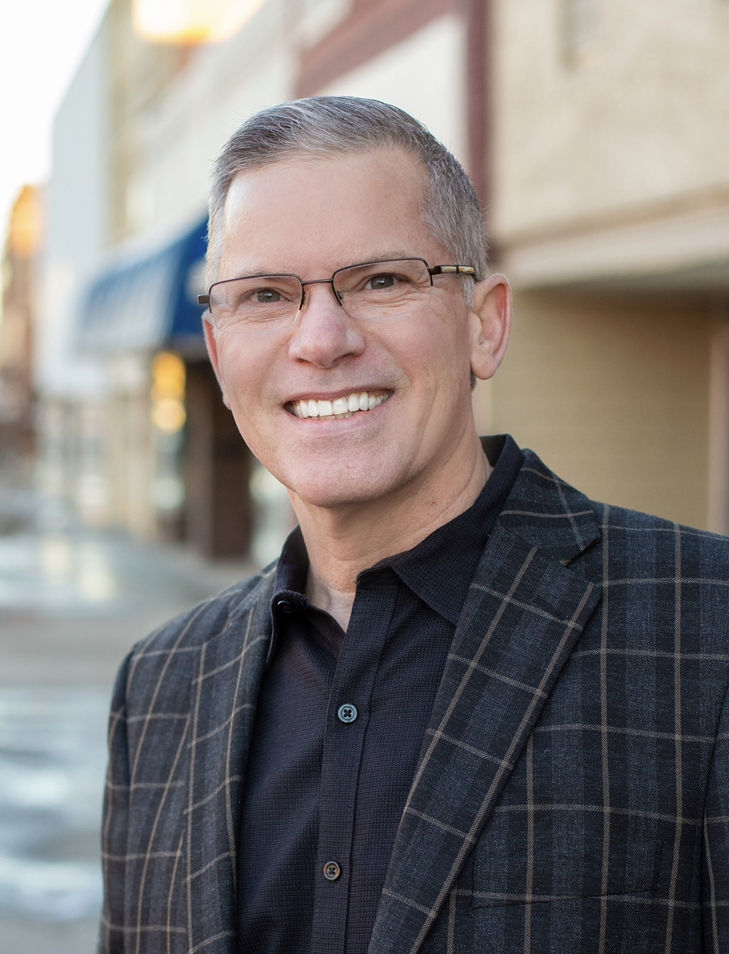
By Mark Dance
Pastors, if we don’t personally practice discipleship outside of our pulpits, then we’re working against our own mission statements. People will pay more attention to our example than our pithy sermon outlines or mission statements. Although most pastors aren’t in a discipleship group of any kind, for various lame reasons, you can and should change that.
This post shows you a few ways you can lead your church to become the Great Commission church you want them to be.
Join an existing discipleship group
Whether it’s a Sunday school class, a small group, or D-group, you and your staff need to invest yourselves in the disciple-making strategy of your church.
Are you and your spouse formally connected to a group? It’s important to involve your wife in the selection of a group because these are the people who will help both of you through life’s greatest challenges. They’ll also be among the first to celebrate life’s greatest milestones. The bottom line is you and your wife need a group to help you grow spiritually.
Todd was one of my favorite small group teachers. We kept each other spiritually and emotionally hydrated by connecting both in and outside of church. Joining a group is much more than having your name on a roll; it’s living life together.
Will there be an initial awkwardness when a group you join sees you as the expert instead of the teacher? Perhaps at first, but if you don’t run your mouth too much, it won’t be a problem for very long.
Start a new discipleship group
The average church has 1/3 of worship attendees not participating in a Bible study group. These people are your greatest prospects for discipleship classes. Since the lead pastor is often the most influential person in the church, leverage that influence by helping start one of these groups.
A reconnecting group
You can assume many members aren’t attending a group because they feel they cannot break into established social structures. How many disconnected members are afraid they will be called on to read, pray, or answer a question if they attend a group?
Many of them would be open to attend a new group, especially if their pastor were the primary teacher. Bruce Raley explains how First Baptist Church Hendersonville, TN recently helped reconnect their missing members by creating a group for those who hadn’t attended in a while.
Twenty percent of those invited returned the following week, and their newly formed groups continued meeting for weeks to come. Here’s an editable sample letter for you to customize and send to your members.
A hot topic group
Allan Taylor suggests pastors start a group that would attract those who are attracted to a particular topic. Things like finances, raising children, prophecy, creationism, parables of Jesus, etc. Prepare these classes for high attendance times of the year and offer them for 8-10 weeks. People prefer making short-term commitments. Have a co-teacher prepared to continue the class after you finish your study.
A new members group
New members often bond and form meaningful relationships in the new members class. Why not convert that initial class into an ongoing group? Instead of forcing them into a group where social structures already exist, let them stay together to continue bonding.
Specific life stage group
Are there certain people groups for which your church provides no group? Consider starting a group for single adults, single moms, empty nesters, parents of teenagers, newlyweds, or new parents. Janet and I once started a group for post-college singles under thirty when I was a pastor.
Furthermore, we trained four of the members to be the primary teachers. Pastors need to have someone ready to take over the class before you start it because our core calling is to preach the Word and equip others for the work of the ministry.
Since our discipleship influence flows more out of what we practice than what we preach, consider starting or joining a small group in 2019. You might surprise yourself with how many others will follow your lead.

Mark Dance
After serving as a pastor for 27 years, Mark Dance is now the director of pastoral wellness for GuideStone Financial Resources and is the author of Start to Finish.








